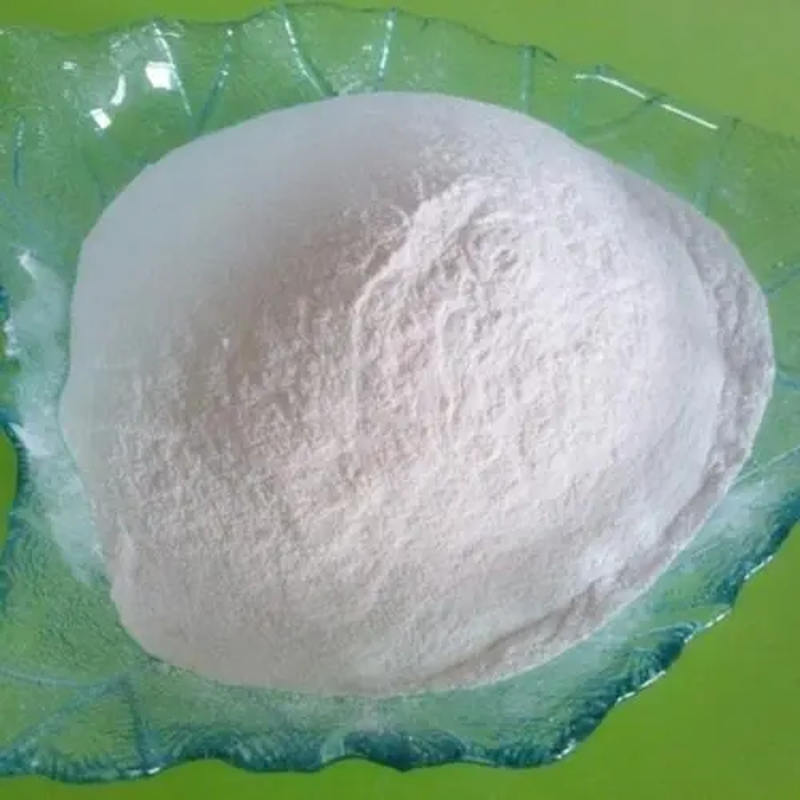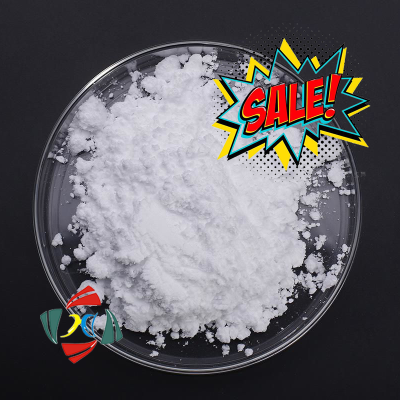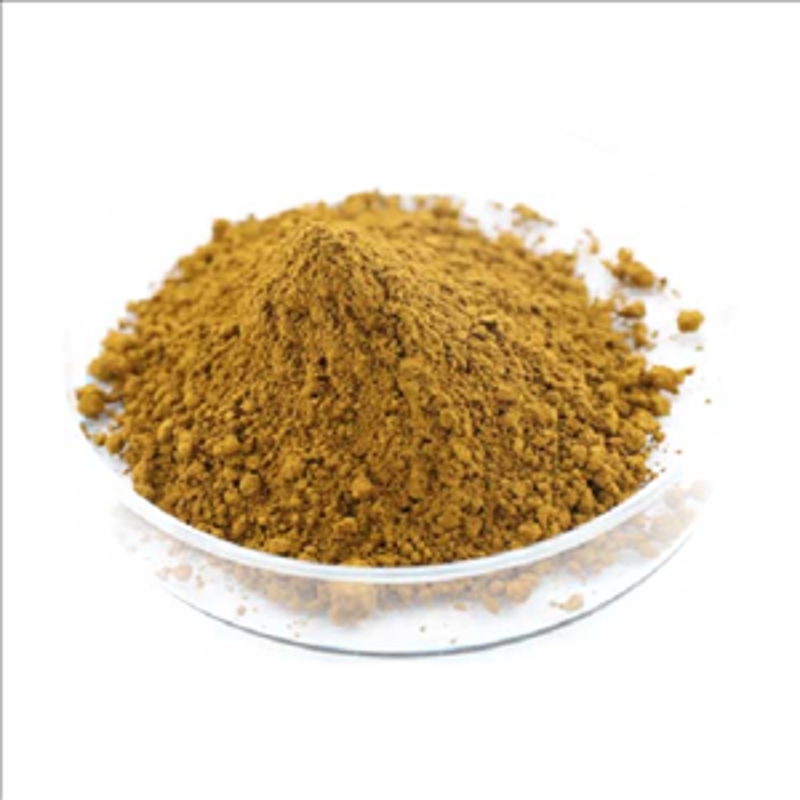-
Categories
-
Pharmaceutical Intermediates
-
Active Pharmaceutical Ingredients
-
Food Additives
- Industrial Coatings
- Agrochemicals
- Dyes and Pigments
- Surfactant
- Flavors and Fragrances
- Chemical Reagents
- Catalyst and Auxiliary
- Natural Products
- Inorganic Chemistry
-
Organic Chemistry
-
Biochemical Engineering
- Analytical Chemistry
- Cosmetic Ingredient
-
Pharmaceutical Intermediates
Promotion
ECHEMI Mall
Wholesale
Weekly Price
Exhibition
News
-
Trade Service
Rheumatoid arthritis (RA) is a chronic autoimmune disease that destroys joint bone and cartilage
.
Its pathological feature is synovial hyperplasia, which gradually promotes the formation of vascular pans to damage cartilage
Although different cell death modes have been explored, recent studies have generally focused on FLS apoptosis in RA
.
A recent study showed that oxidative stress-induced phospholipase A (PLA), which is required for the formation of oxidized lysophospholipids, promotes K/BxN serum-induced arthritis
Recent studies have reported that the antioxidant enzyme glutathione peroxidase 4 (Gpx4), induced by the XC-dependent intracellular glutathione (GSH) system, converts phospholipid peroxides into nontoxic Fatty alcohols, thereby inhibiting iron loss
.
In addition, ferritin (Ferritin, Fer) stores iron and can be degraded by the proteasome or NCOA4-mediated lysosomal pathway to release iron
Thus, both ferritin degradation and Gpx4 inactivation can promote DNA methylation, the most common epigenetic modification induced by the DNA methyltransferase family (DNMT)
.
Glycine and one-carbon metabolism are known to regulate DNA methylation
Synovial hyperplasia is a key event in aggressive vascular membrane formation and cartilage damage during rheumatoid arthritis (RA) disease progression
.
At the same time, decreased iron concentrations may play a key role in maintaining the balance of synovial proliferation and death
Synovial hyperplasia is a key event in aggressive vascular membrane formation and cartilage damage during rheumatoid arthritis (RA) disease progression
Reduced ferroptosis, acyl-CoA synthase long chain 4 (ACSL4), ferritin heavy chain 1 (FTH1), Gpx4 and cystine/glutamate in RA synovium and FLS compared to healthy controls (HC) Antiporter solute carrier family 7 member 11 (SLC7A11) increased
.
Although both lipid oxidation and antioxidant levels were higher in the RA FLS group than in the HC group, the increase in antioxidant levels was slightly higher than in the HC group
In conclusion, we demonstrated a reduction in the decline of iron concentrations in patients with rheumatoid arthritis and explored the process of glycine through SAM-mediated reduction of Gpx4 promoter methylation and ferritin
Source: Ling H, Li M, Yang C, Glycine increased ferroptosis via SAM-mediated GPX4 promoter methylation in rheumatoid arthritis.
leave a message here







